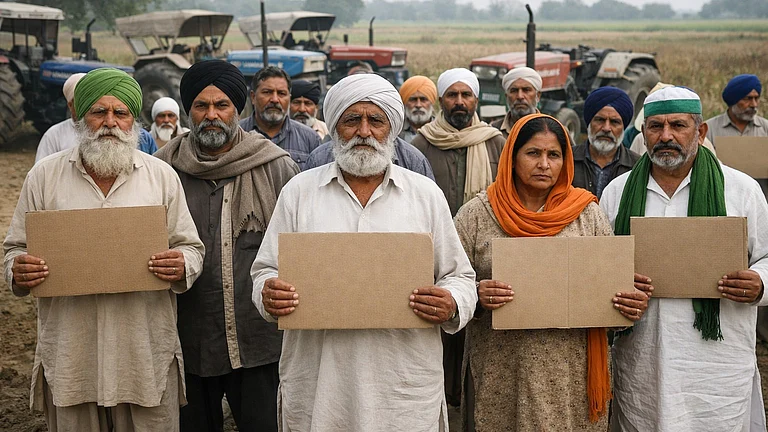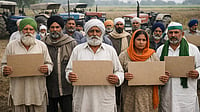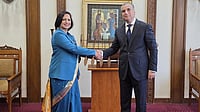A research paper on the 2019 Indian general elections written by an Ashoka University Economics Professor has stirred a political storm. In the paper, the professor has alleged electoral manipulation in several seats by the ruling BJP government.
Prime Minister Narendra Modi-led BJP had won 303 parliamentary constituencies seats in the last election. The paper, which has been authored by assistant professor of economics Sabyasachi Das, identified some “irregular patterns” in the 2019 election results.
The professor noted in his paper that incumbent BJP won disproportionately more closely contested seats. He added that the alleged pattern was not seen in the previous general elections. As per the author, a possible reason for the trend could be the targeted campaigning in these seats by the incumbent party. However, he notes that the evidence compiled by him does not suggest that the party ran focused campaigns in the closely contested constituencies.
Das suggested in his paper that there is evidence of “targeted electoral discrimination against Muslims” through deletion of names from voter lists and suppression of votes during elections due to weak monitoring of observers. He further states in his paper that he found evidence of electoral manipulation at the stage of voter registration as well as at the time of voting.
However, in the conclusion, Das noted that the tests do not suggest that the manipulation was widespread. According to his analysis, the number of “excess” wins was around 9-18.
The paper quickly garnered attention, with several politicians commenting on the paper. Congress leader and Lok Sabha MP Shashi Tharoor reacted to the findings of the paper on Twitter. He wrote, “The discrepancy in vote tallies needs to be explained, since it can't be wished away.” Tharoor further asked the government and Election Commission to respond to the findings of the paper.
The paper also received criticism from BJP MPs. Nishikant Dubey, who is party’s MP from Jharkhand, wrote, “It is fine to differ with the BJP on matters of policy but this is taking it too far…how can someone in the name of half-baked research discredit India’s vibrant poll process? How can any University allow it?”
He was reacting to university’s statement following the controversy over the paper. Ashoka University said that the paper has not completed “a critical review process” and added that it has not been published in an academic journal. “Ashoka University is dismayed by the speculation and debate around a recent paper by one of its faculty members,” the statement said.
































